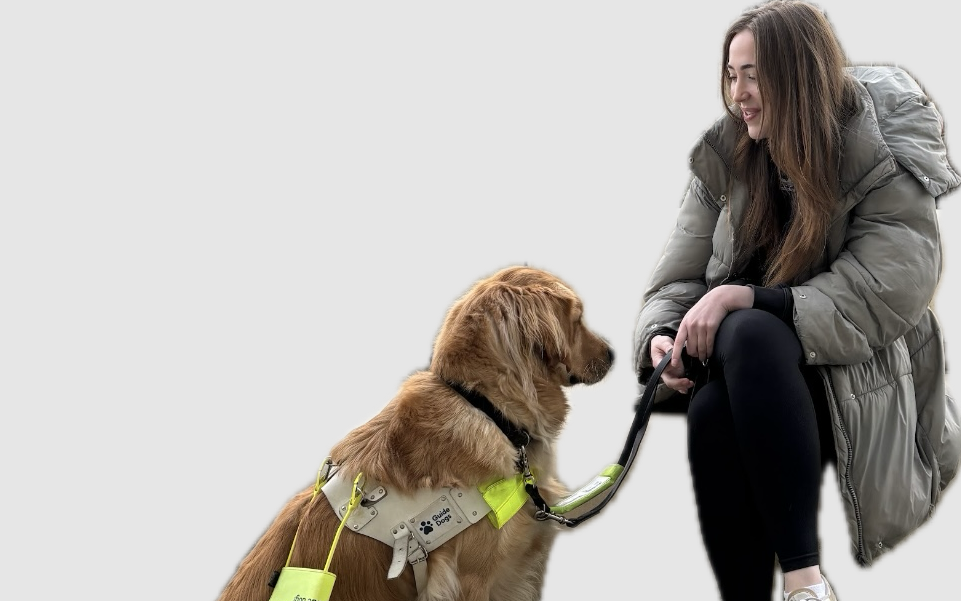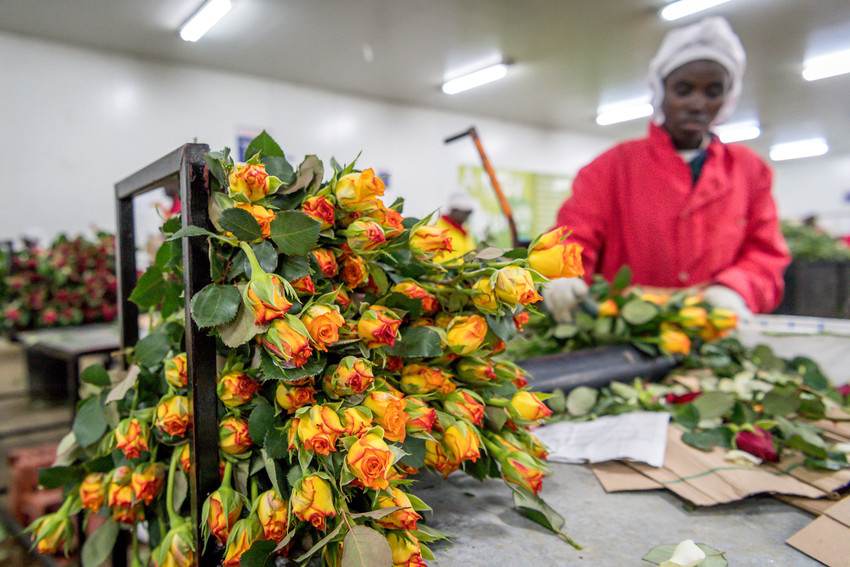I was studying English at university when I realised my sight was finally failing. I was only 20 and it was terrifying.
My life changed dramatically. I went from being a very confident, active, person to being scared of leaving my house.
I could no longer read books with enlarged text on my kindle, instead I had to access material for my course audibly.
I’d known since I was 11-years-old my vision could be impacted. During a routine eye check appointment, an optician explained she was concerned by what she described as ‘freckles’ on the back of my eye.
After being referred for various tests at the local eye hospital, I was diagnosed with a genetic, degenerative condition called Retinitis Pigmentosa – which I couldn’t even pronounce, let alone comprehend.
It was then, I was told that I was losing my vision over time.
The specialist predicted that I would lose most of my sight by my early twenties.
This prediction was pretty accurate. I was registered blind during the second year of my undergraduate degree.
As I quickly discovered, sight loss is an isolating process.
I desperately needed support from my university but it wasn’t there. I felt completely alone. I was living three hours away from my family, locked down due to covid, and emotionally, I felt stranded. It felt as though no one understood what I was going through, including the professionals who were supposed to be able to help me.
Everything and everyone I knew was quite literally fading away.
In hindsight, I don’t know how I got through my degree but I can confidently say it was not due to the support of the university and the disability services.
But I didn’t give in. I couldn’t. I still had a life to lead.
I spent two years working in the Sight Loss Sector between my undergraduate and postgraduate study. It made me realise support that should be put in place for any further education.
I applied for a journalism postgraduate course and saw my Masters degree at the University of Sheffield as a second chance to get the education experience I missed out on in my undergraduate course.
I also felt very grateful that I was going to university this time with my most trusted companion, my guide dog, Garth.
However, as I come to the end of my first semester, I am yet to receive any support from Disabled Students’ Allowance (DSA) which I applied for in summer.
This is not the fault of the university, but a centralised external system, which is supposed to help students with disabilities.
I’m not alone. This is a common experience for disabled students which highlights the scale and severity of the issue.
A system designed to aid us in accessing our education is actually causing more stress and frustration.
Before I started my first degree, people used to try and reassure me by saying ‘everyone’s in the same boat’, but this is simply untrue.
I felt as though I was in a raft watching my peers sail away into the stereotypical and over-sold university life.
It was not just accessing my course that I was concerned about, but living independently in a new city and socialising with new people who wouldn’t have any understanding of my sight loss.
DSA in principle, is a wonderful service. It is non-means tested and can provide students with essential equipment that will enable them to access their studies.
In February 2024, the system was reformed, with the aim of making the process easier and quicker by having just two suppliers.
But the reality is, this is far from the case. The delay has meant that I have not had any assistive software, such as a screen reader, to help me in accessing my course materials and exams.
I ended up having to teach myself how to use the in-built software on my laptop while starting my course to try and get me through.
I want to know what the Students’ Loans Company are going to do to amend the issues. They were aware of the problems, so I would like to know how will they continue to try and solve them?
It seems that no one is talking about this, and so in light of Disability History Month I want to bring attention to the injustice that many disabled students are facing.



